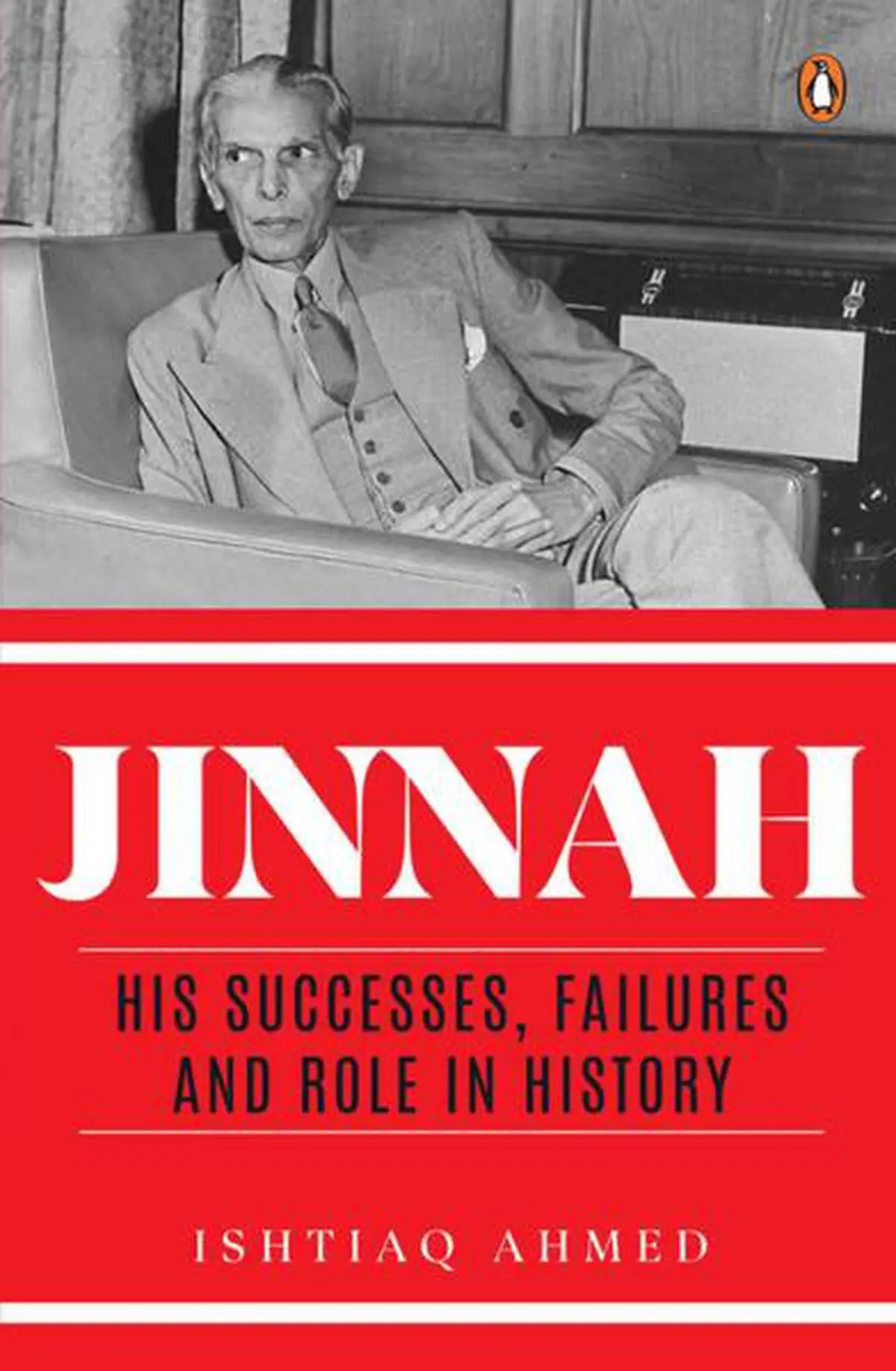Ishtiaq Ahmed, Jinnah: His Successes, Failures and Role in History
Delhi: Penguin Random House, 2020, pp 808.
Keywords:
Jinnah, Pakistan, Partition of IndiaAbstract
Jinnah was a complex figure in the history of the movement for British India’s Independence. However, South Asian nations did not just witness freedom and democracy; they had to bear the brunt of socio-economic and territorial partitions as well. It is in this context that Ishtiaq Ahmed examines the frail yet towering figure of Mohammed Ali Jinnah, the man who is credited with the creation of a new myth, a new nation, ‘the land of the pure’ - Pakistan. History has not been kind to this country and its people, and Ahmed uses a range of archival sources (biographical material, speeches, letters and correspondences, etc.) to trace the making and unmaking of Jinnah and his creation. This book review summarises his arguments and insights that have a lot of value for contemporary scholarship and analysis as well.
References
Alavi, Hamza. “The State in Post-Colonial Societies: Pakistan and Bangladesh.” New Left Review 1, no. 74 (1972): 59-81.

Downloads
Published
How to Cite
License
Copyright (c) 2025 Ramya Ramanathan

This work is licensed under a Creative Commons Attribution-NonCommercial-NoDerivatives 4.0 International License.




